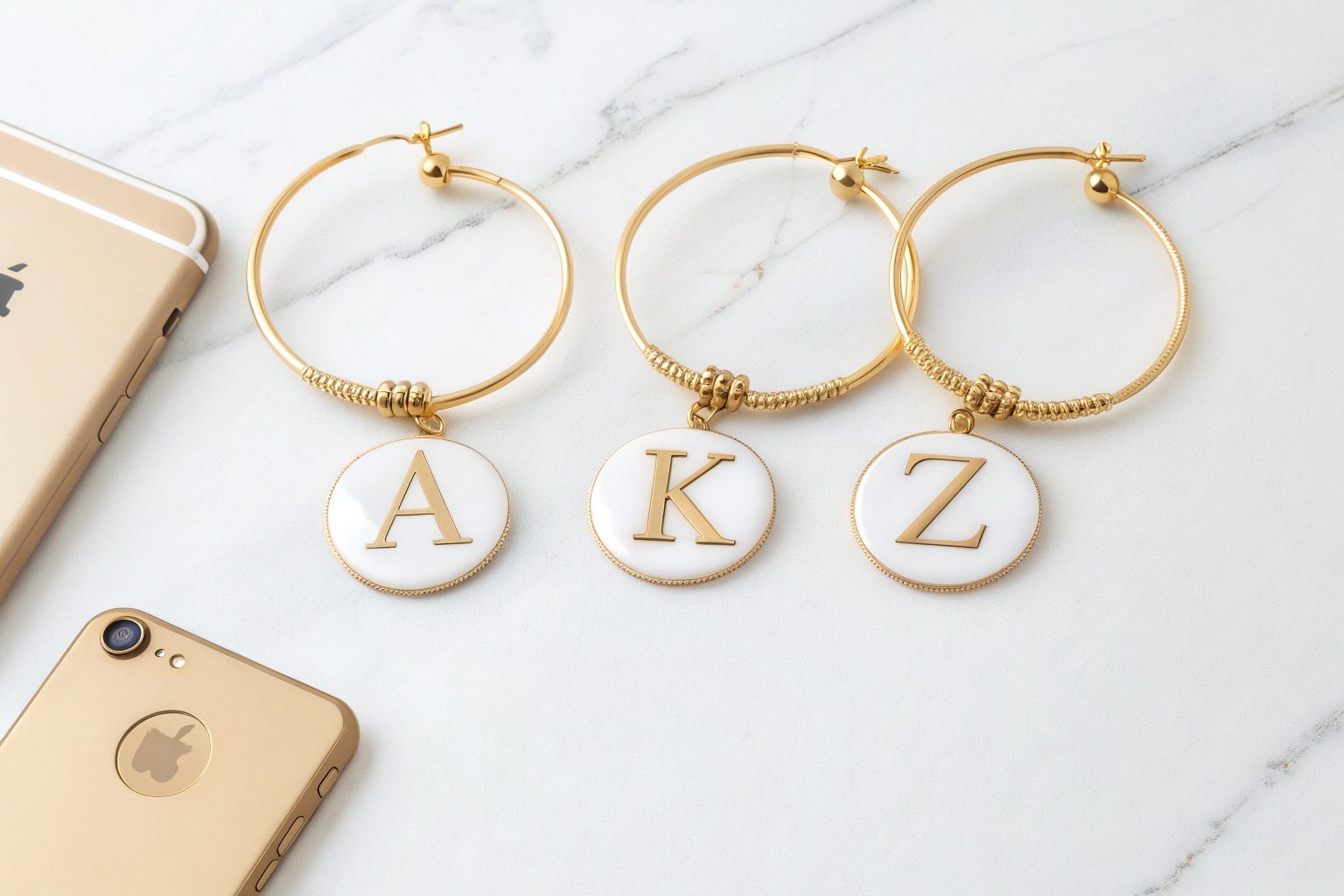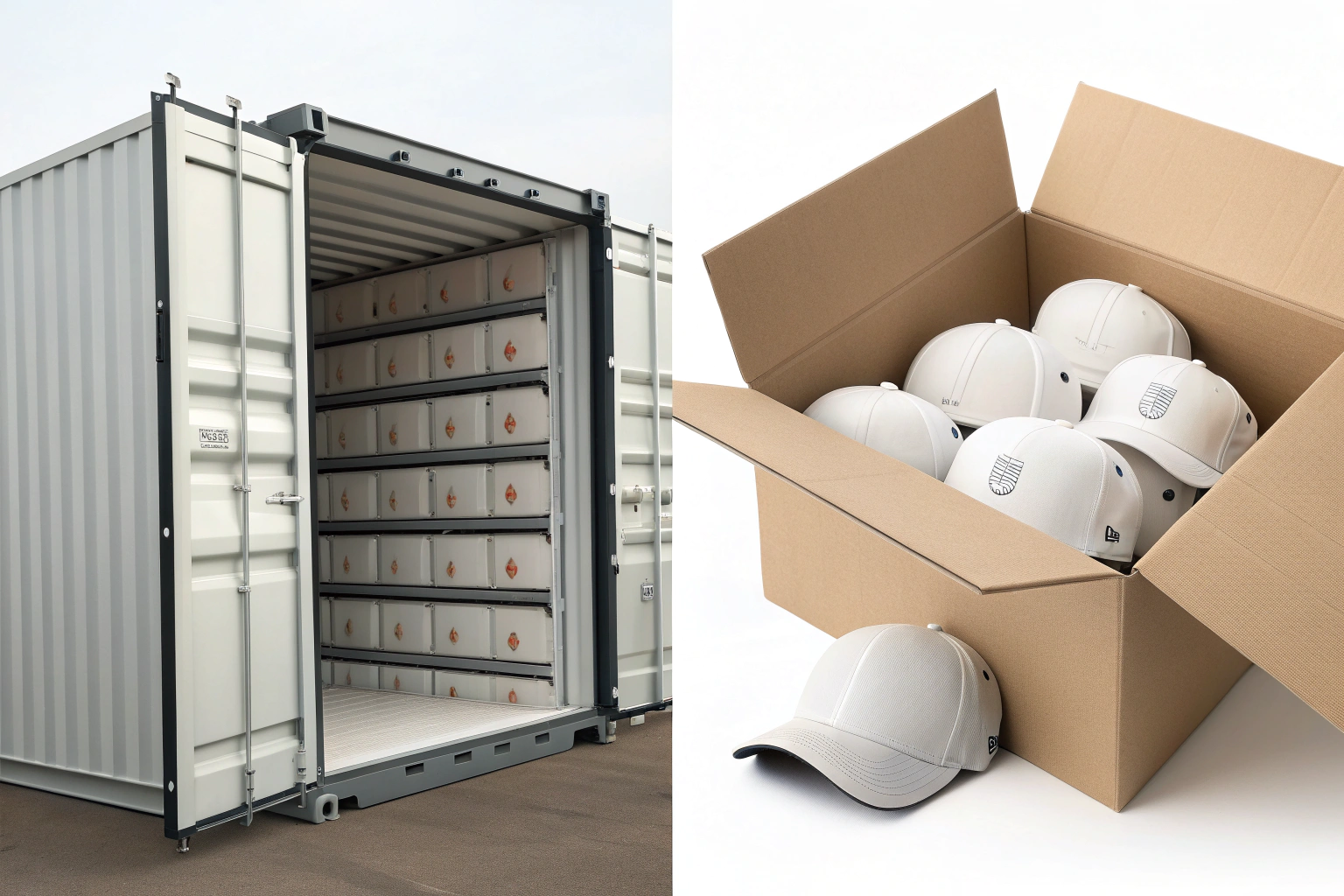When accessory recalls occur, they can bring financial losses and damage a brand’s reputation. If products in international markets do not pass quality or safety checks, companies may face customer distrust, legal issues, and shipment delays. Buyers in Europe and the U.S. follow strict recall rules, so it is critical for manufacturers like us to handle them properly.
Accessory recalls can be managed successfully by strengthening quality control, preparing clear recall plans, ensuring transparent communication with buyers, and building reliable logistics and after-sales systems.
Managing recalls the right way not only protects our reputation but also helps us keep long-term business relationships with clients worldwide. Let’s look at how to do this step by step.
What Are the Common Reasons for Accessory Recalls?
Recalls happen more often than many buyers think. The main reasons are safety risks, failure to meet official standards, and production mistakes. In the U.S. and Europe, these problems quickly lead to recalls because regulations are very strict.
The main causes of recalls are unsafe designs, harmful materials, weak durability, and non-compliance with international standards.
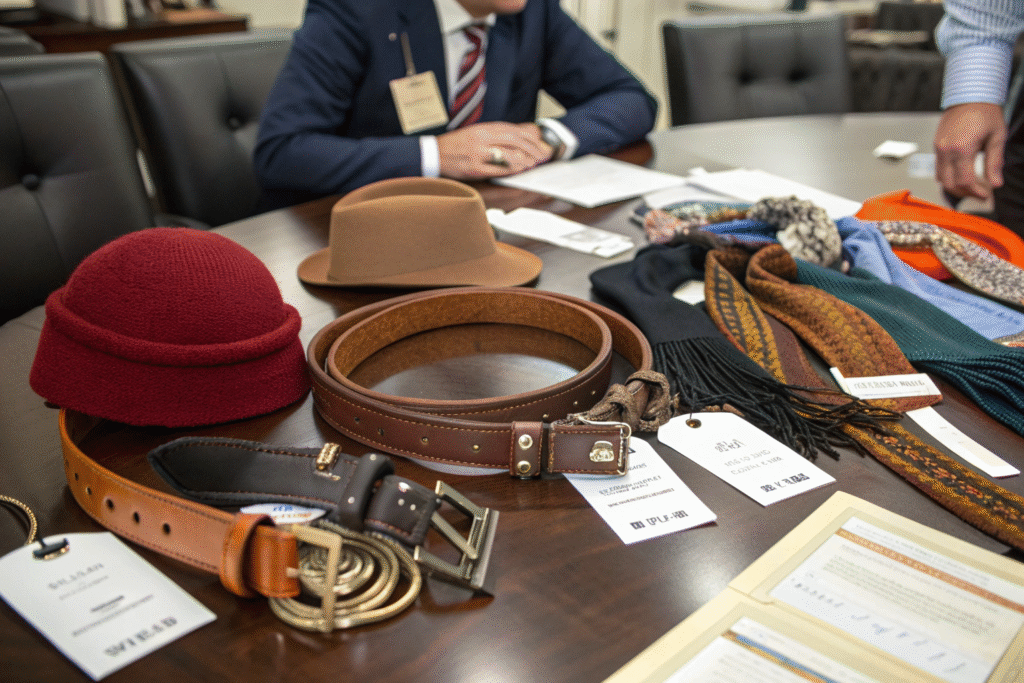
Recalls usually connect to either design issues or poor supply chain management.
Why Do Safety Hazards Lead to Recalls?
Small parts in hair clips that could be swallowed or belt buckles that break easily are typical safety risks. These defects can harm consumers, which is why they lead to recalls. Agencies like the U.S. Consumer Product Safety Commission regularly publish recall notices. If unsafe products reach large retailers such as Walmart, the problem spreads quickly across markets.
How Does Non-Compliance Affect Exporters?
Accessories must meet standards like REACH in Europe or CPSIA in the U.S. For example, scarves with banned dyes or gloves with unsafe lead content will be recalled. Many buyers confirm compliance through third-party testing companies such as SGS or Bureau Veritas. Ignoring these rules almost always leads to recalls.
How to Build a Proactive Recall Management Plan?
The best way to handle recalls is to prepare before they happen. A proactive plan reduces risks and speeds up the response when issues occur.
A proactive recall plan should include product testing, batch traceability, emergency response teams, and ready-made communication steps.
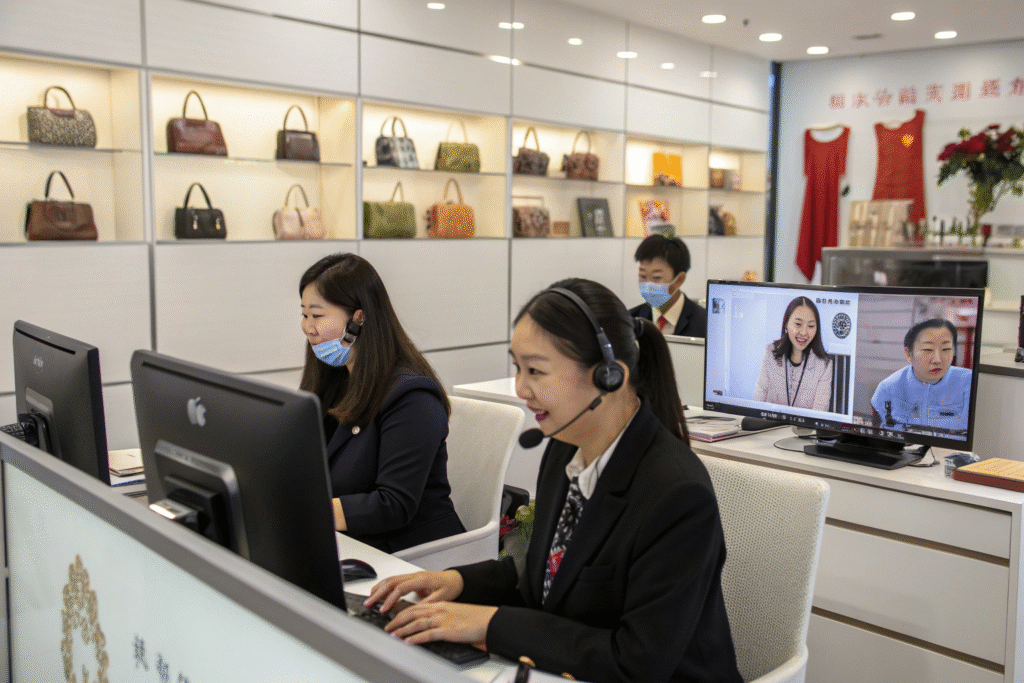
This gives clients confidence that their supplier is organized and dependable.
What Role Does Product Testing Play?
Testing helps prevent recalls. Many buyers ask for third-party lab checks through Intertek or TÜV Rheinland. By testing hats, gloves, and belts against U.S. and EU standards, we reduce risks. Regular testing shows clients that we take product safety and compliance seriously.
Why Is Traceability Important in Recalls?
A traceability system tracks each batch of accessories. Standards like GS1 allow exporters to find defective products quickly and recall them without affecting the whole market. Buyers value suppliers who can control recalls in a precise and professional way.
How to Communicate with Clients During a Recall?
Communication is key to protecting client relationships during a recall. Buyers expect honesty, speed, and practical solutions.
Clear and transparent communication keeps trust strong, avoids confusion, and supports long-term partnerships.

Quick updates help clients feel that the problem is under control.
How Should Suppliers Inform Clients About a Recall?
When recalls happen, we inform clients immediately through reliable channels. Tools like Alibaba or direct business emails make sure information reaches them fast. Sharing details about the affected products, possible risks, and next steps builds trust and shows responsibility.
Why Is Transparency Crucial for Trust?
Hiding problems damages trust. Buyers prefer suppliers who are honest and who provide solutions right away. Offering replacements, refunds, or fast delivery via DHL or FedEx is one way to prove responsibility. Over time, transparency makes business relationships stronger.
How to Improve After-Sales Support and Logistics for Recalls?
After-sales service and logistics are critical for solving recalls. Good partners make the difference between delay and smooth handling.
Strong after-sales support and logistics make sure recalled products are replaced fast, returns are efficient, and clients stay confident in future orders.
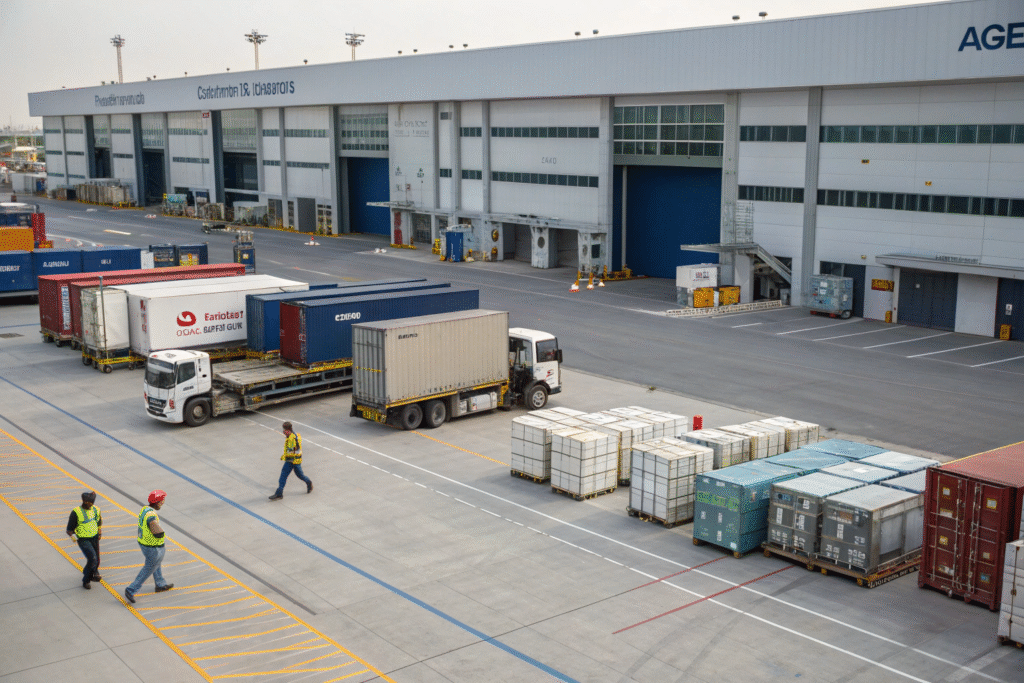
Even global recalls can be managed without disruption if logistics are strong.
How Do Logistics Partners Help in Recalls?
Trusted logistics companies are essential. Partners like Maersk for shipping or UPS for air freight can handle returns and replacements quickly. This reduces costly delays and keeps retailers satisfied.
What Role Does After-Sales Service Play?
A good after-sales team manages recall tracking, product replacement, and client support. Systems such as Zendesk or HubSpot help organize requests. Buyers value suppliers who treat recalls as a chance to prove reliability rather than just a problem.
Conclusion
Handling accessory recalls in international markets is not only about fixing mistakes. It is about showing responsibility, professionalism, and long-term reliability. By understanding the common causes, building recall plans, ensuring transparent communication, and improving after-sales support, we can protect both our reputation and our client partnerships.
If you are a buyer looking for a dependable partner in accessories manufacturing, we at Shanghai Fumao are ready to support you. Please contact our Business Director Elaine at elaine@fumaoclothing.com to discuss how we can produce and manage your accessory orders with the highest standards of quality and service.


